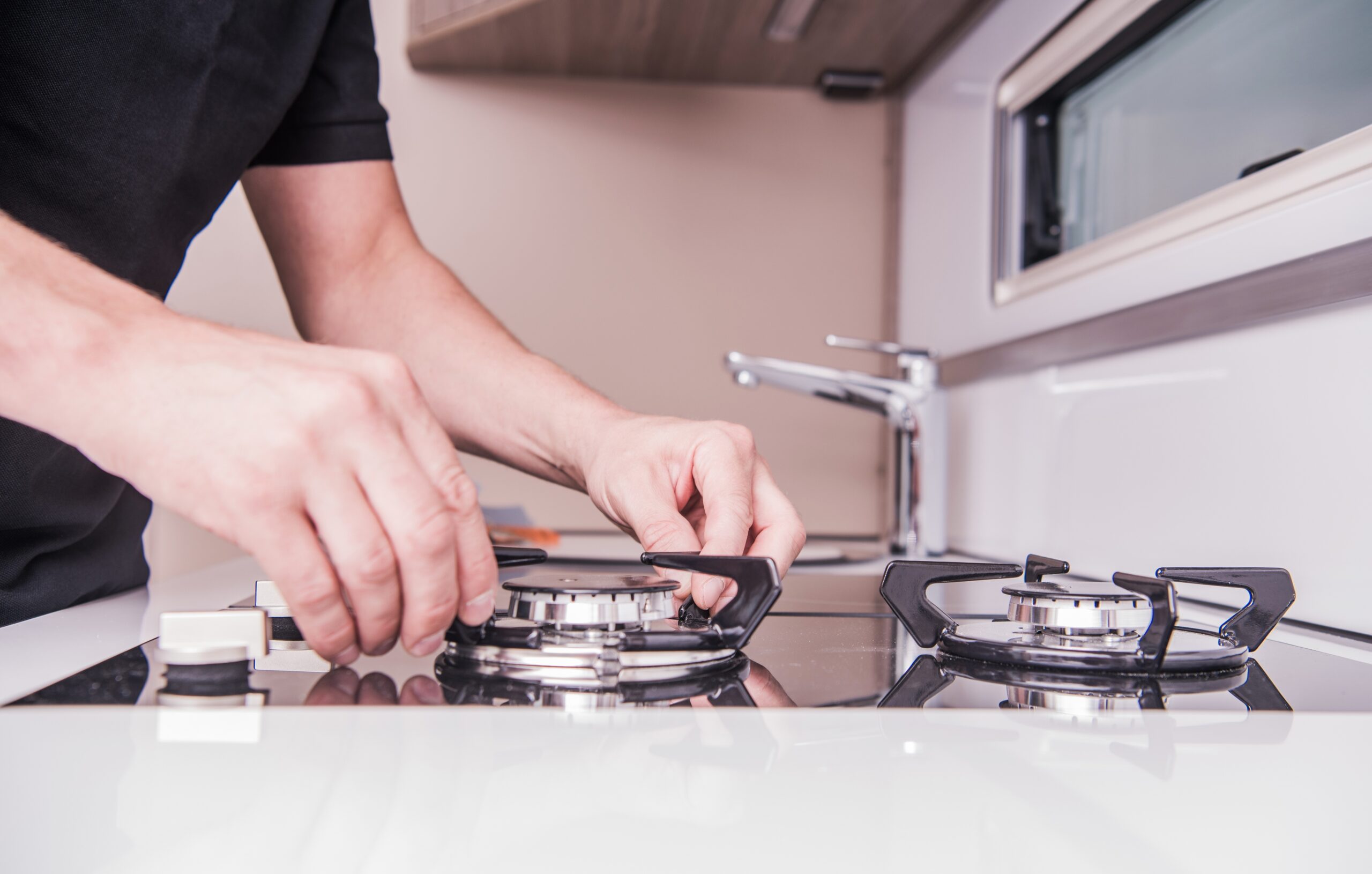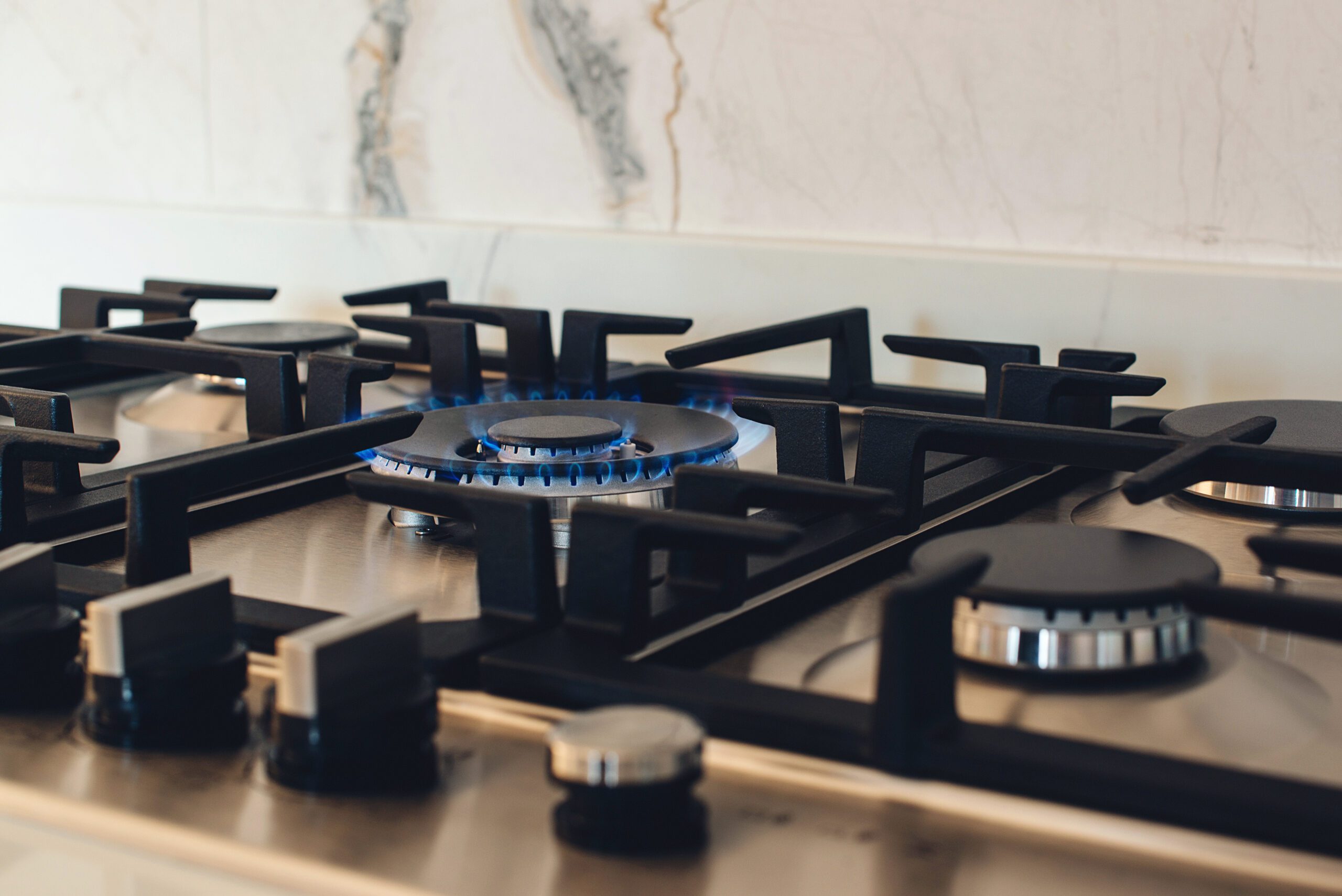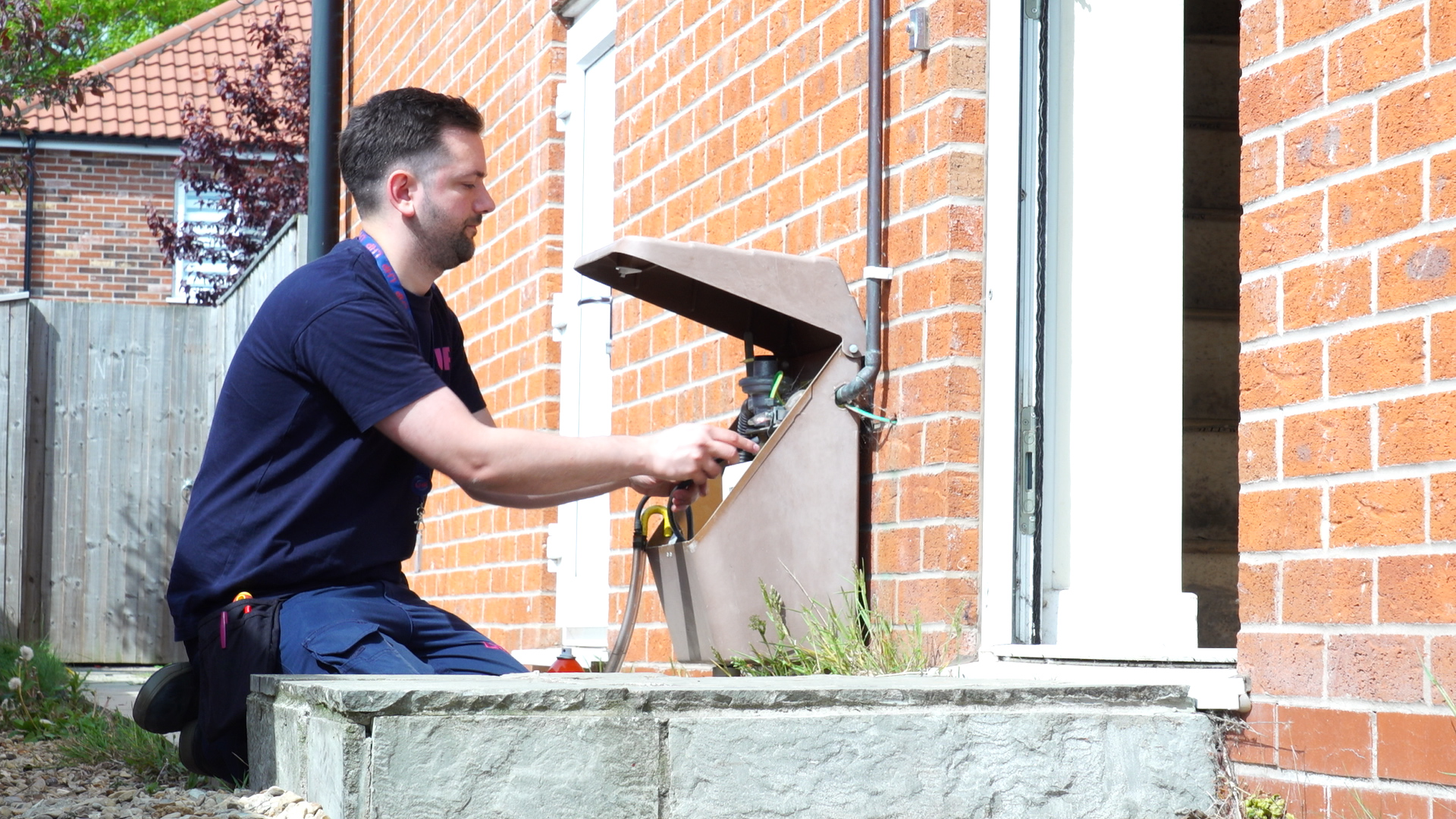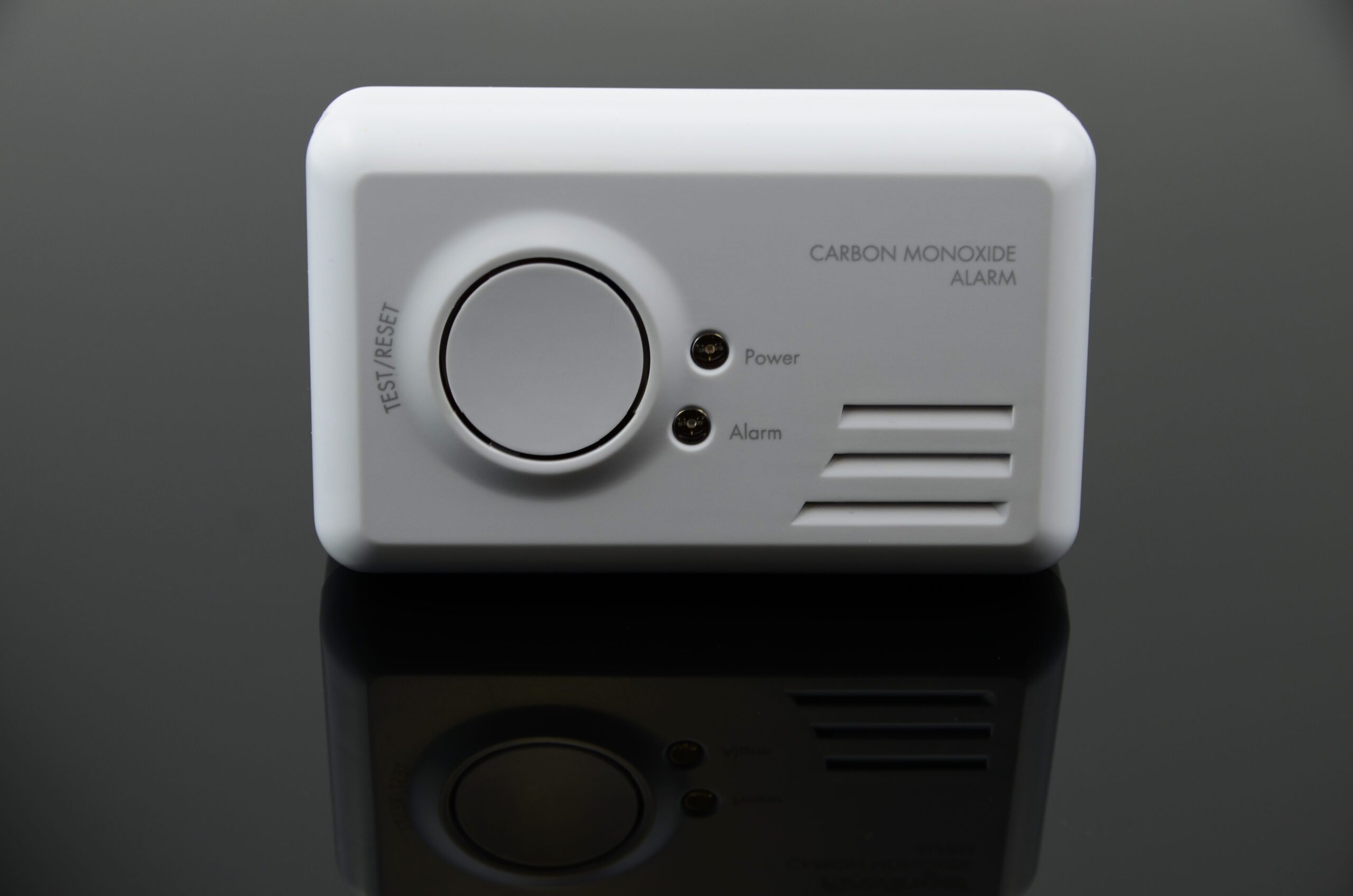Gas Safety
What to do if you suspect a gas leak in your home:
If you smell gas/fumes, are alerted by a Carbon Monoxide alarm or you suspect that an appliance is giving off carbon monoxide fumes, then please telephone the national gas emergency number on 0800 111999 or 0800 371 787 (for minicom or textphone users who are deaf or hearing impaired) from a telephone outside of the property.
Next steps:
- Turn off the gas at the meter (make sure the valve is set to the off position)
- Open the windows and doors to increase air ventilation.
- Put out any naked flames, such as cigarettes or candles.
- Don’t use electricity switches.
- Get everyone out of the property and stay out.
- Telephone us on 0345 604 1472 once Cadent have attended so we can send out a Gas Safe Registered engineer to carry out any further repairs.
- If you are worried someone may have carbon monoxide poisoning, immediately telephone 999 for medical help and ask for an ambulance.

Using Gas Appliances in your home:
Gas can be a dangerous substance and we want to make sure you are safe in your home. Here are some Gas safety tips to help:
Do not…
- Fit a gas appliance yourself. It is illegal and could seriously harm you and others around you, and you could be liable for a fine of up to £5,000.
- Use a gas appliance if you notice a yellow or orange flame (except living flame fires)
- Use a gas appliance if you notice soot or stains around the appliance.
- Cover the appliance or block the air vents, air bricks and/or outside flues.
- Interfere with safety valves, gas meters or other fittings.
- Use gas appliances other than for their intended purpose and according to manufacturers’ instructions. For example: do not use a gas oven to heat a room.
- Leave your gas heater on when you leave the house or go to sleep.
- Sleep in any rooms where a gas heater is in use – please speak to LHP to discuss further support options.
- Do not store a bulk of items, or large items in a cupboard or store area where a gas appliance is fitted.
- Do not store items directly on, or next to any gas appliance.
- Leave young children unsupervised near heaters or any gas appliance.
Do…
- Always keep your gas safety check appointment so we can inspect your gas equipment. If you are going to miss your appointment, then please let us know and we’ll arrange a new one as soon as possible.
- Allow our Gas Safe Registered engineers access to your home to complete the free gas safety check and service.
- Keep your copy of the Gas Safety service certificate.
- Get our permission if you want to replace a gas appliance and always make sure you use a Gas Safe Registered engineer. LHP will not give approval for the fitting of new gas fires or solid fuel appliances (log burners etc.)
- If your home requires it, LHP will fit an audible carbon monoxide alarm, however it is your responsibility to act if the alarm sounds and to not tamper with, or move the fitted device.
- Report any issues that you may be having with either your gas appliances or alarms, no matter how minor, to allow them to be inspected by LHP to ensure that your home continues to be safe.
- Look out for lazy yellow or orange flames instead of crisp blue ones, black marks on or around the appliance and too much condensation in the room – they could mean your gas appliance has a fault
- Know the signs and symptoms of carbon monoxide poisoning – headaches, dizziness, breathlessness, nausea, collapse and loss of consciousness
- Telephone the free national gas emergency number on 0800 111 999 from a telephone outside of the property if you smell gas
- Turn off your gas appliance if you think it is faulty and contact us immediately on 0345 604 1472.
- Seek medical help immediately if you feel unwell.

Gas Safety Check
As your landlord, we have a legal responsibility to carry out a gas safety check at least every 12 months and provide you with an approved Landlords Gas Safety Record (LGSR). Our heating team are all individually registered on the Gas Safe Register, and as such are fully qualified to carry out your gas safety check and issue gas safety certificates.
This annual safety check, or as it is more widely known as a Gas Service, is an annual service to all gas appliances within your home, with a visual only inspection to tenant owned gas cookers.
It is not only a legal requirement but also ensures LHP can keep your heating system running efficiently and safely. This. Please make sure you keep to your appointment and let us in to carry out the check. It’s free and could save your life. Being in your home to carry out this check also enables our engineers to check your smoke and carbon monoxide detection too.
If you are unavailable for your appointment, please let us know as soon as possible, we will do all we can to accommodate a more suitable date and time for this check. Please be aware however that if 3 appointments are missed / you do not allow LHP engineers access into your home to carry out this check, it may trigger legal action against you to gain access to the property to carry out this very important check.

Carbon Monoxide
Gas appliances which are not working properly can cause explosions and also give off poisonous carbon monoxide fumes.
Carbon monoxide is produced when fuels such as gas, oil, coal and wood do not burn fully. It is a highly poisonous gas. You can’t see it, taste it or smell it but it can kill quickly or cause serious injury with no warning. Symptoms include feeling tired and/or unwell, having headaches, chest pains and / or dizziness.
Danger signs of carbon monoxide on or around gas appliances can include:
- Yellow or brown staining around or on appliances
- Pilot lights that frequently blow out
- Increased condensation inside windows
- Yellow rather than blue flames (except for living flame fires).
The build-up of carbon monoxide can be a result of:
- Appliances that have not been serviced or looked after properly
- Burning fuel in an enclosed or unventilated space, where there are no air vents, windows or doors left open or ajar
- Poor or improper installation or use of appliances – such as cooking and heating devices
- Faulty or damaged appliances – heating or cooking
- Heating appliance not maintained or serviced
- Poorly ventilated rooms – sealed windows, no air bricks
- Blocked chimneys or flues – birds’ nests, fallen bricks, growing vegetation, bad DIY
- Using cooking appliances for heating purposes.
You will have a carbon monoxide detector which alerts you to the presence of this gas, if you believe that you may be suffering from the effects of carbon monoxide poisoning you should:
- turn off the heating appliance immediately
- open your doors and windows
- vacate the premises
- telephone gas supplier Cadent on 0800 111 999
- seek medical advice
- After Cadent have attended your property and you have received medical advice, including a blood test, we will then arrange for a heating engineer to attend your property to investigate further.
- Remember – always treat an alarm as a genuine event and assume that action needs to be taken!
